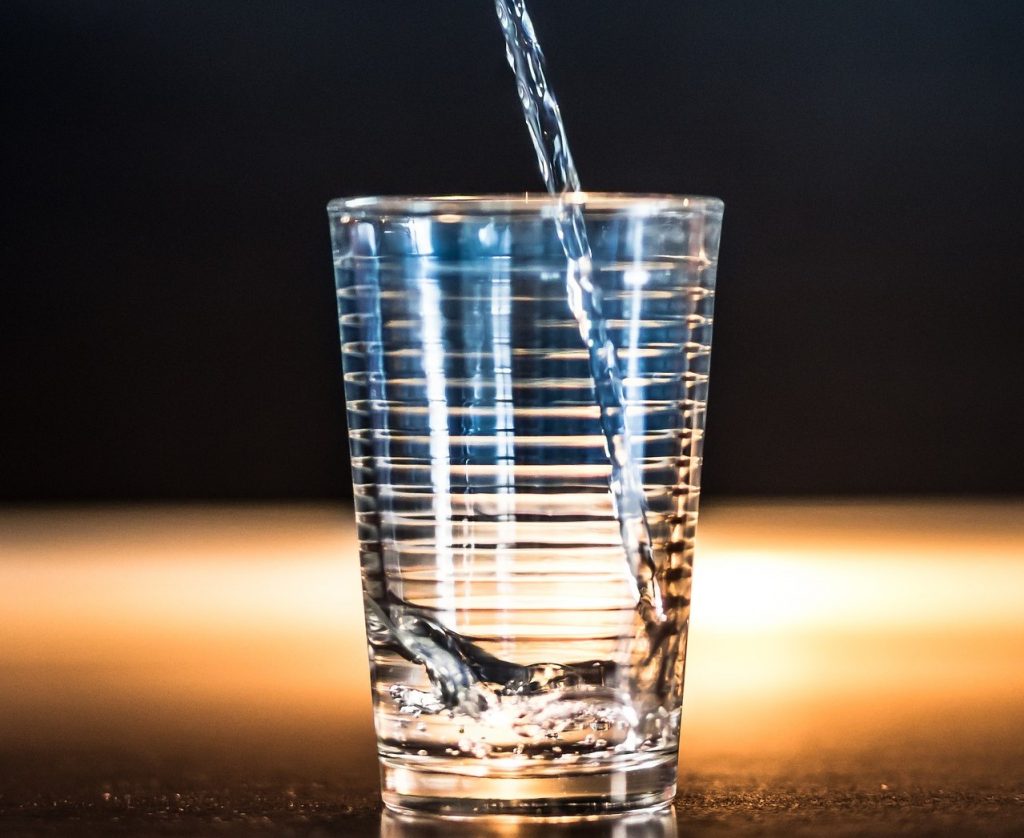Consuming enough liquids throughout the day is important for proper hydration as well as reducing the likelihood of dehydration. Dehydration occurs when not enough water is consumed to replace the fluids lost through urine, feces, sweating, and breathing.

Thirst may be the first sign of dehydration. Urine color is also a sign of dehydration. Dehydration can range from mild to severe.
- If urine is clear or a light color (as lemonade), you are likely well-hydrated; however, if urine is dark yellow (as apple juice) or amber-colored you are dehydrated.
- Mild dehydration can usually be relieved by consuming liquids. However, if you experience symptoms of severe dehydration, seek medical attention immediately.
Symptoms of mild dehydration include:
- Headaches
- Constipation
- Dizziness
- Dry mouth
- Fatigue
Symptoms of severe dehydration include:
- Fever
- Rapid Breathing
- Unconsciousness
- Extreme thirst
- Irritability and confusion
Mild dehydration can be relieved by consuming liquids. However, if you experience symptoms of severe dehydration, seek medical attention immediately.
Hydration and Children
Children can be at a higher risk for dehydration than adults. Children do not recognize thirst as well as adults. Help children consume enough liquids by serving them drinks with meals and encouraging them to drink something often, especially in hot weather or during physical activity.
Did You Know?
Recent studies have found that moderate amounts of coffee and tea do not act as a diuretic as previously thought.
- However, consuming more than 5 cups of coffee a day does make you have to urinate more often than other beverages.
Drinking water throughout the day is the best way to stay hydrated.
- When possible, consume fluids that are low in calories and limit your intake of high-sugar beverages such as soda, lemonade, sweet tea, and juice cocktail.


